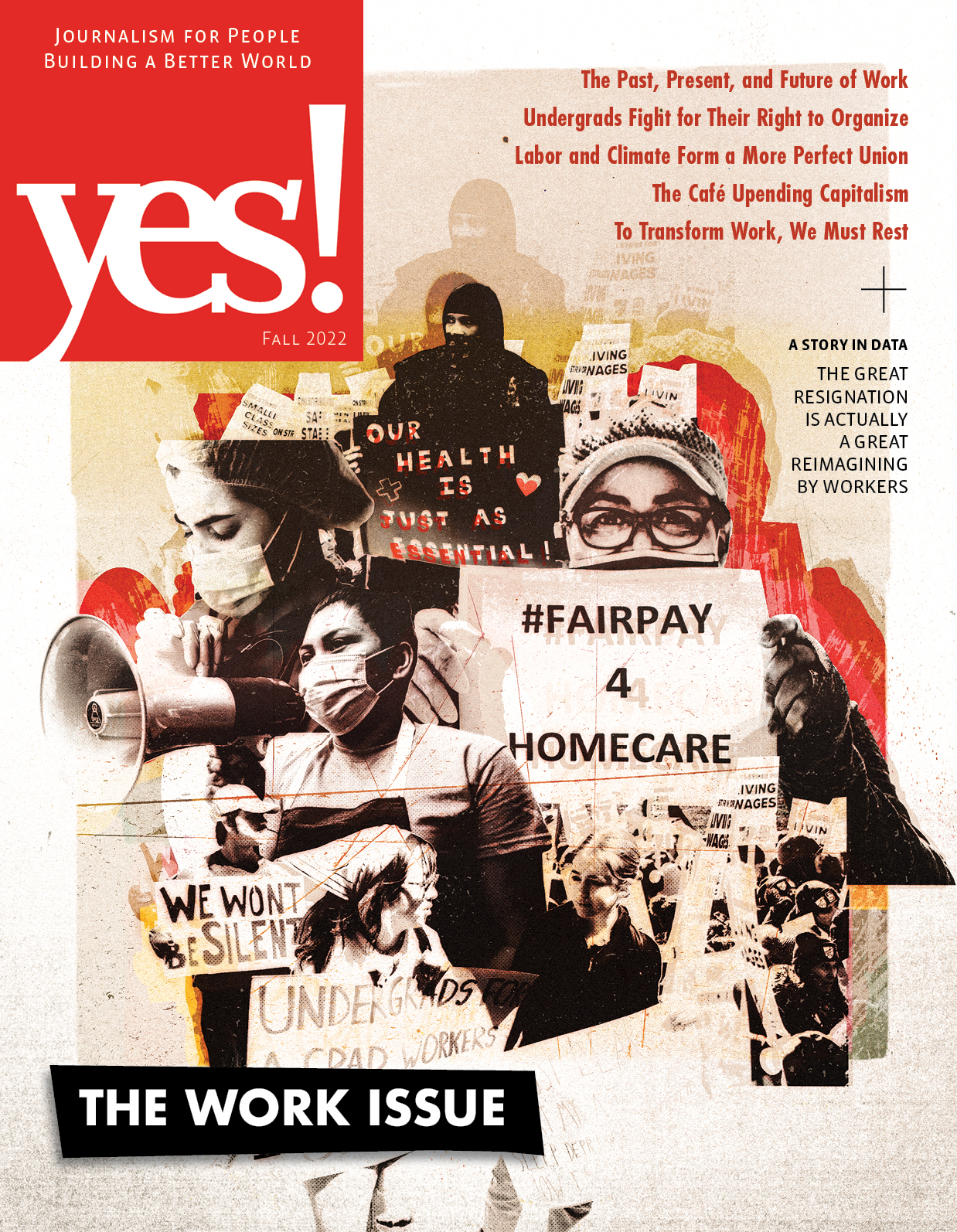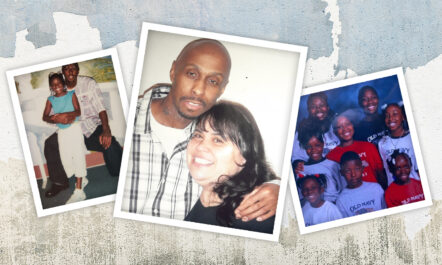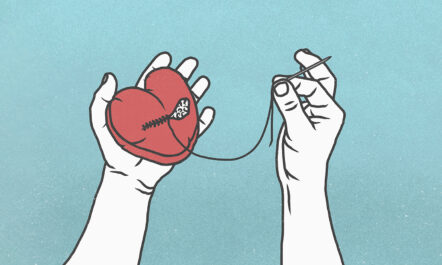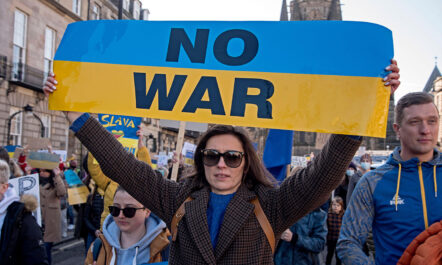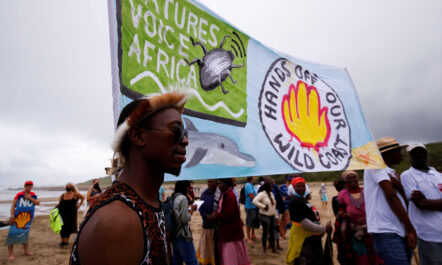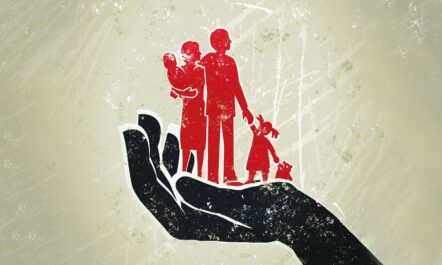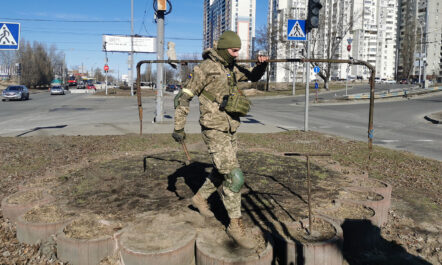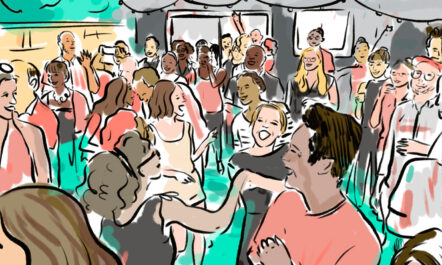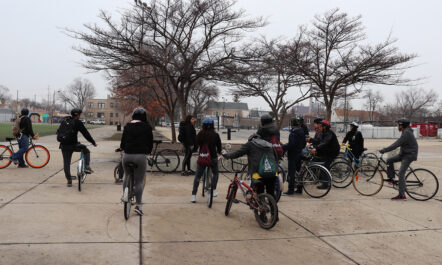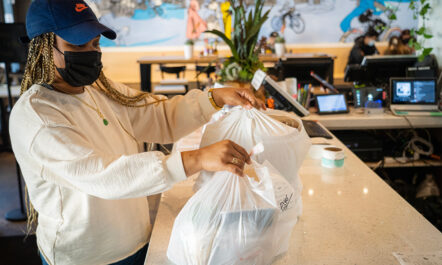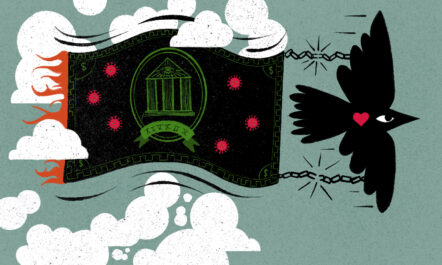Everette Taylor didn’t get to say goodbye to his daughter. Stuck behind prison walls, Taylor speaks with YES! about how he remains connected to his surviving children despite decades of incarceration.
Tell us what important lessons you’ve learned on your social justice journey in the comments below.
Given the escalation of this problem during the pandemic, it’s time to fund more effective responses to domestic violence that truly make our families and communities safer.
Amid the heated national controversy about CRT in schools, some Black educators are openly using the framework to help students better understand history and contextualize current events.
The idea that we have to either support military action and sanctions against Russia over its invasion of Ukraine, or “do nothing,” is a false binary.
Patriarchy and capitalism did not leave love untouched. As a child of the diaspora, I’ve learned to find intimacy in many places outside the phenomena of sex and romance.
After 59 years in Israel, visiting the Palestinian neighborhood of Sheikh Jarrah shook my identity.
The philanthropic sector needs to shift its focus toward those organizations that best understand the communities they serve.
“Wild Coast communities are using the courts to fight for the right to determine what happens in their territory and strengthening their hand in a country heavily marred by colonialism.”
There is a crisis of poverty among Latinx immigrant children in the U.S., particularly among undocumented, mixed-status, and single-parent households. But it doesn’t have to be that way.
When Hitler invaded the Sudetenland, U.S. industries retooled to produce military vehicles. In response to Putin's invasion of Ukraine, the U.S. needs to pivot to renewables.
Unarmed Ukrainians changing road signs, blocking tanks, and confronting the Russian military are showing their bravery and strategic brilliance.
Author and legal scholar Elie Mystal’s first book argues that the U.S. Constitution and Bill of Rights are deeply flawed, but that it’s still possible to use them to protect the rights of women and people of color.
We can’t let the war justify an expansion of our fossil fuel dependence.
A romanticized belief in violence renders people irrational to the point of hurting ourselves, over and over again.
“Minimum Viable Planet” is a weeklyish commentary about climateish stuff, and how to keep it together in a world gone mad. This week, we find love in nature.
If we’re not governed by subconscious beliefs and dread, what becomes possible?
The basic human rights of proper health care and opportunities through work should be available to everyone.
Since 2000, toxic tours in this community have evolved from talking about pollution, to now include systemic racism, policing, and mass incarceration.
What would our movement be like if we abundantly supported Black leaders to transition to their next role in our ecosystem, instead of choosing to isolate them in burnout?
A tech startup has developed a way to bridge the nutrition gap for families, at least in the short term.
“It’s not about the art that’s made in the end. It’s about the process, the discussions, and the relationships that you’re building with the people around you.”
Relying on billionaires is a colonialist solution. It is high time that we instead draw from Indigenous peoples and learn how to work with the natural world, not against it.
Two years into a global pandemic, adrienne maree brown invites us to root into compassion and reconnect with our state of interbeing.
Rightwing movements on both sides of the northern border are growing increasingly vocal. A Canadian living in Texas reflects on what the “Freedom Convoy” protests mean to her.
Help Fund Powerful Stories to Light the Way Forward
Donate to YES! today.
